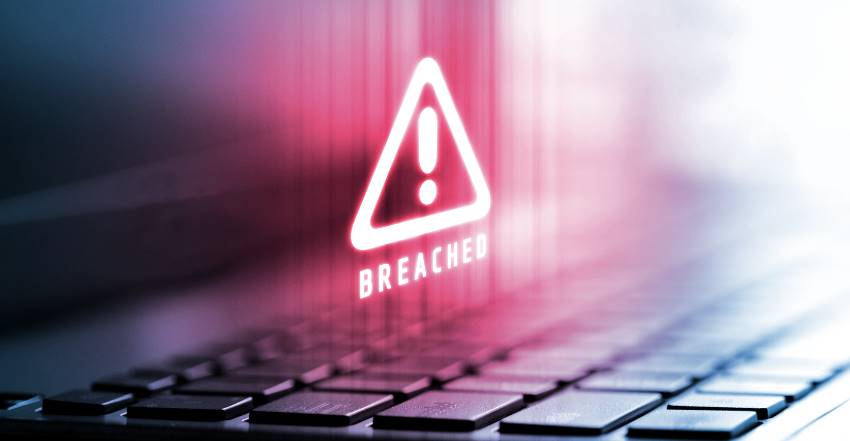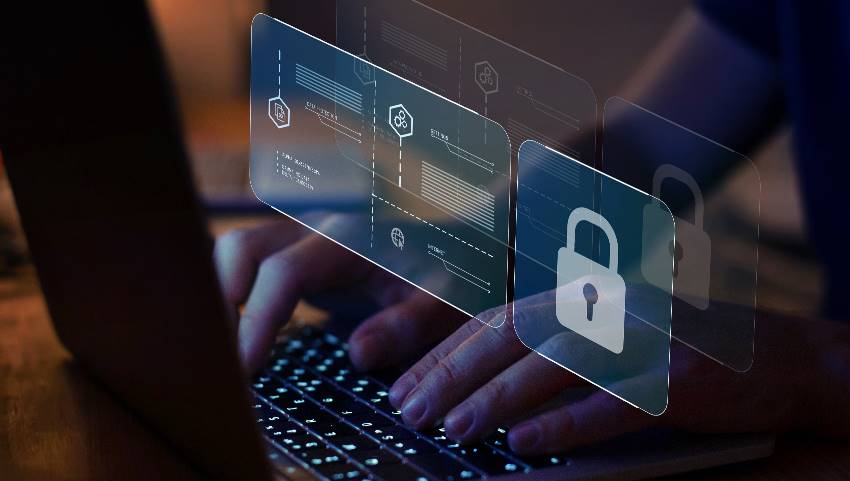Some business owners skip out on cybersecurity because they think it is expensive, unimportant, and complicated. However, nowadays, cybersecurity is a valuable investment.
Cybersecurity threats are consistently increasing and becoming more sophisticated. These threats can affect companies of any size or industry and cost them millions. Fortunately, there are various ways to mitigate the risks of cyberattacks. Here are some of the proven ways:

An unsecured internet connection poses numerous risks. For instance, unauthorized users can connect to the internet and perform illegal activities, such as stealing data and capturing web traffic. Hackers may also launch evil twin attacks, wherein they create a dummy network with a better signal and read the data sent by users over the impersonated network.
When you or your employees use unsecured or public access points, cybercriminals may use wireless sniffing tools to access transactions and sensitive data.
The best solution is to secure personal internet connection and avoid unsecured public networks. Another excellent idea is to use virtual private network (VPN) solutions to encrypt your internet traffic. You can do other cool things with VPN, like allowing you to browse anonymously.
One of the things you shouldn’t do is forget about the firewall. Protecting your computer network’s security is an essential cybersecurity practice.
A reliable firewall prevents unauthorized internet users from accessing your private network. Restricting network access to only authorized employees dramatically lessens the risk of cyber threats.
Once you or your staff encounter suspicious activities or minor cyber incidents, never take them for granted. You should perform a threat analysis to keep abreast of malicious activities. Keep an eye on them even if you think they don’t pose a threat. Having a cybersecurity team who will take care of such activities can help you keep your business protected.

Cybercriminals are always searching for flaws in your software’s coding that will give them a point of entry. Experts on cybersecurity in Washington DC say that small business owners typically lack the security infrastructure of larger businesses. So they are more vulnerable to this kind of attack.
It’s a crucial task to fix software flaws in your system.
Typically, developers fix flaws using a security patch. It’s distributed to every user through updates. So once your software has available updates, you should download and install the updates immediately. If you forget about the software updates, you’ll only leave entry points for cybercriminals.
As data becomes more mobile and distributed, it’s wise to protect your physical assets, such as servers and computers.
Preventing the unauthorized use of laptops, mobile devices, and desktops must be a priority, as they can be lost or stolen. Ensure such devices are set to lock once unattended and allow limited administrative privileges for such hardware.
To be safe, you need to regularly back up everything. However, having one copy of the backup isn’t enough. You should at least keep three copies of the backup. These may include a backup for yourself, an off-site copy, and a cloud-based copy.
Nowadays, there are affordable backup solutions that allow you to monitor your data and make copies of every change that occurs. You need a storage device like an external hard drive to maintain local copies. You can also consider affordable flash drives.
For online backup copies, you need to look for the best cloud providers in the market. A reliable cloud storage provider can automate your backup daily or on your preferred schedule. The good thing about online backup copies is that you can access your data anytime or anywhere you need it.
Businesses have frequently implemented a perimeter-focused security strategy, wherein everybody within the network can be trusted and every threat is believed to originate from outside. With such trust for insiders, excessive permissions and access are often granted to devices, applications, contractors, and employees.
Unfortunately, perimeter-based security strategies can be ineffective because risks can very well come from the inside, such as insider threats, failed defenses, and account takeover attacks. A better solution is the zero-trust security strategy.
A zero-trust approach is designed to manage such risks by granting every application, user, and device the bare-minimum access to perform its role within the company. By granting access and limiting permissions to resources depending on the case, zero-trust security reduces the impact of successful attacks against your business and helps avoid common cybersecurity threats.
Another thing you shouldn’t allow is easy-to-remember or simple passwords. While using such passwords is tempting, it’s never a good idea, since they can make your accounts easy prey for cybercriminals.
The best thing that you should do is to create strong and varied passwords for every account. With this, even if cybercriminals have obtained access to one of your accounts’ passwords, they won’t be able to use it for the other accounts.
A strong password often consists of a combination of alphanumeric symbols with varied capping. Avoid using your birthday or name as your password. Use at least eight characters for your password. You can use a password management tool if you worry that you’ll forget your passwords for each account.
Depending on your preferences, you can opt for a free or paid version of password management tools. One of the benefits of using these tools is that you can quickly retrieve your passwords and keep them safe from unauthorized individuals.

You must remember these dos and don’ts and implement them to lessen the risks of cyberattacks—to ensure your day-to-day operations go without a hitch. These measures may seem daunting, but with the help of experienced cybersecurity professionals, you can optimize your cybersecurity strategy, especially in ways you can afford.